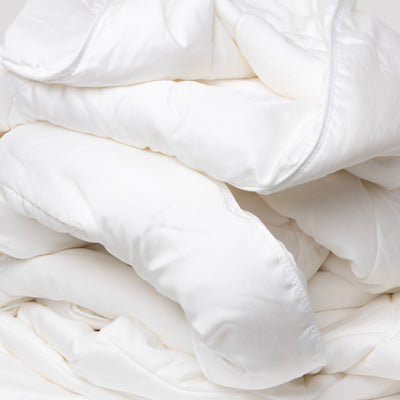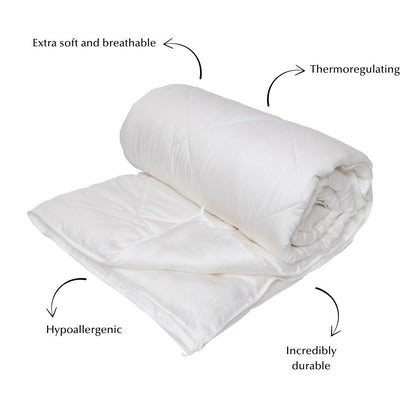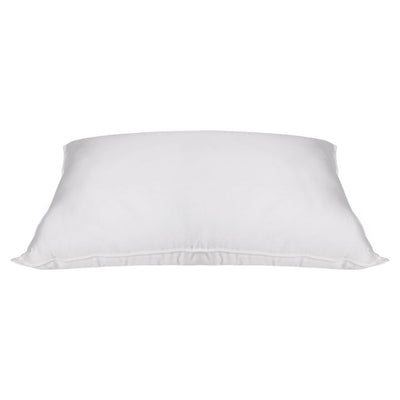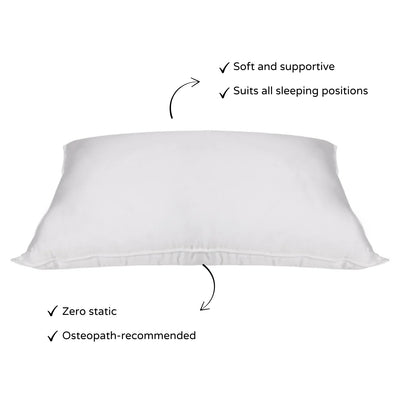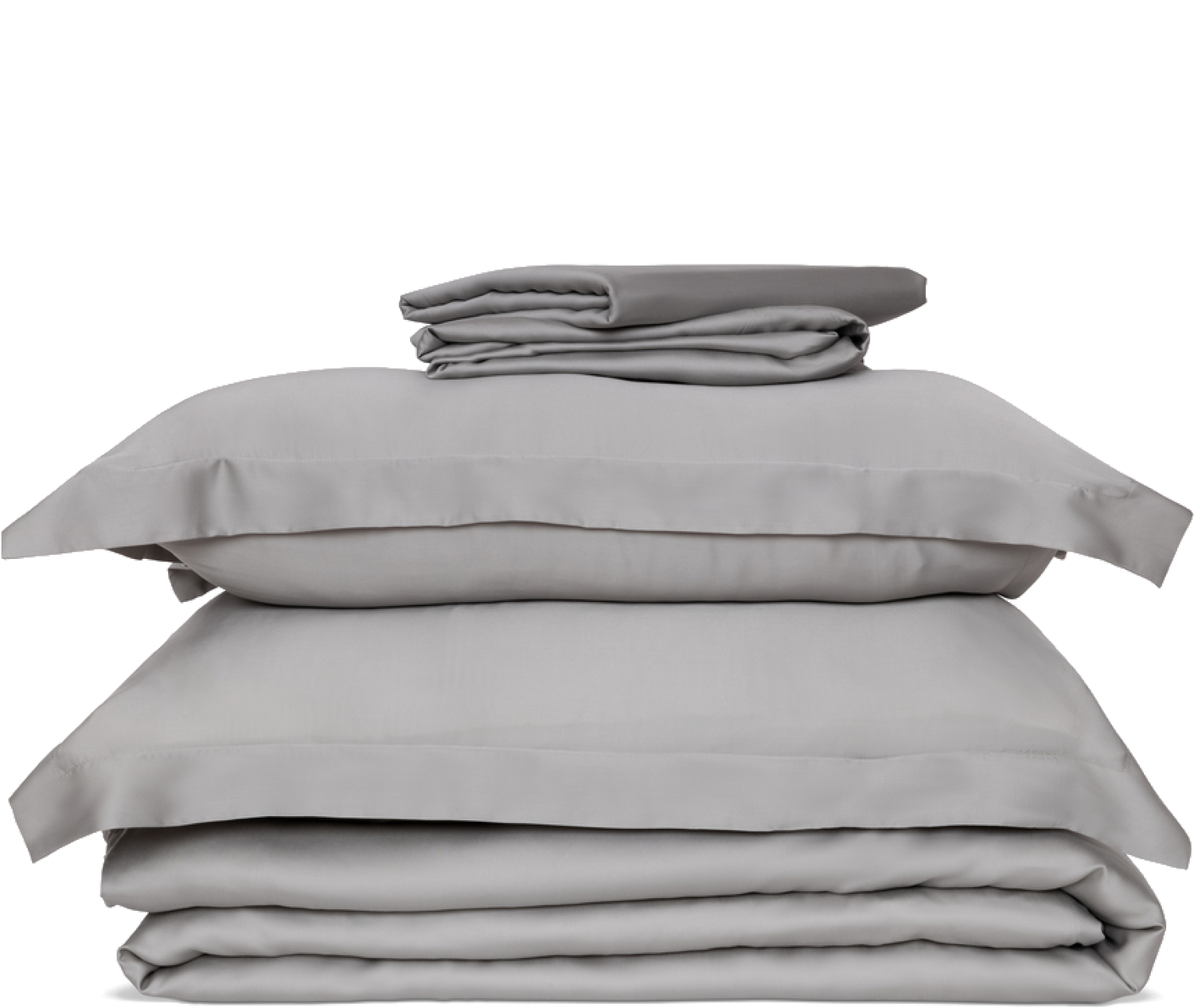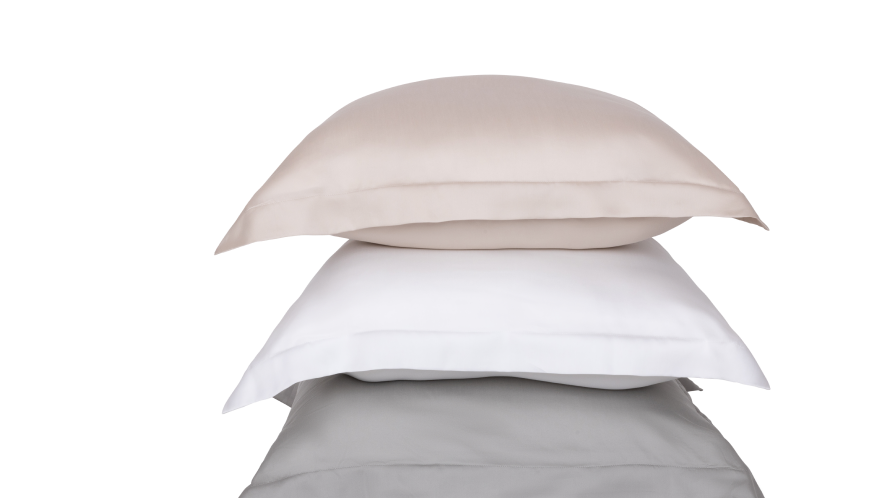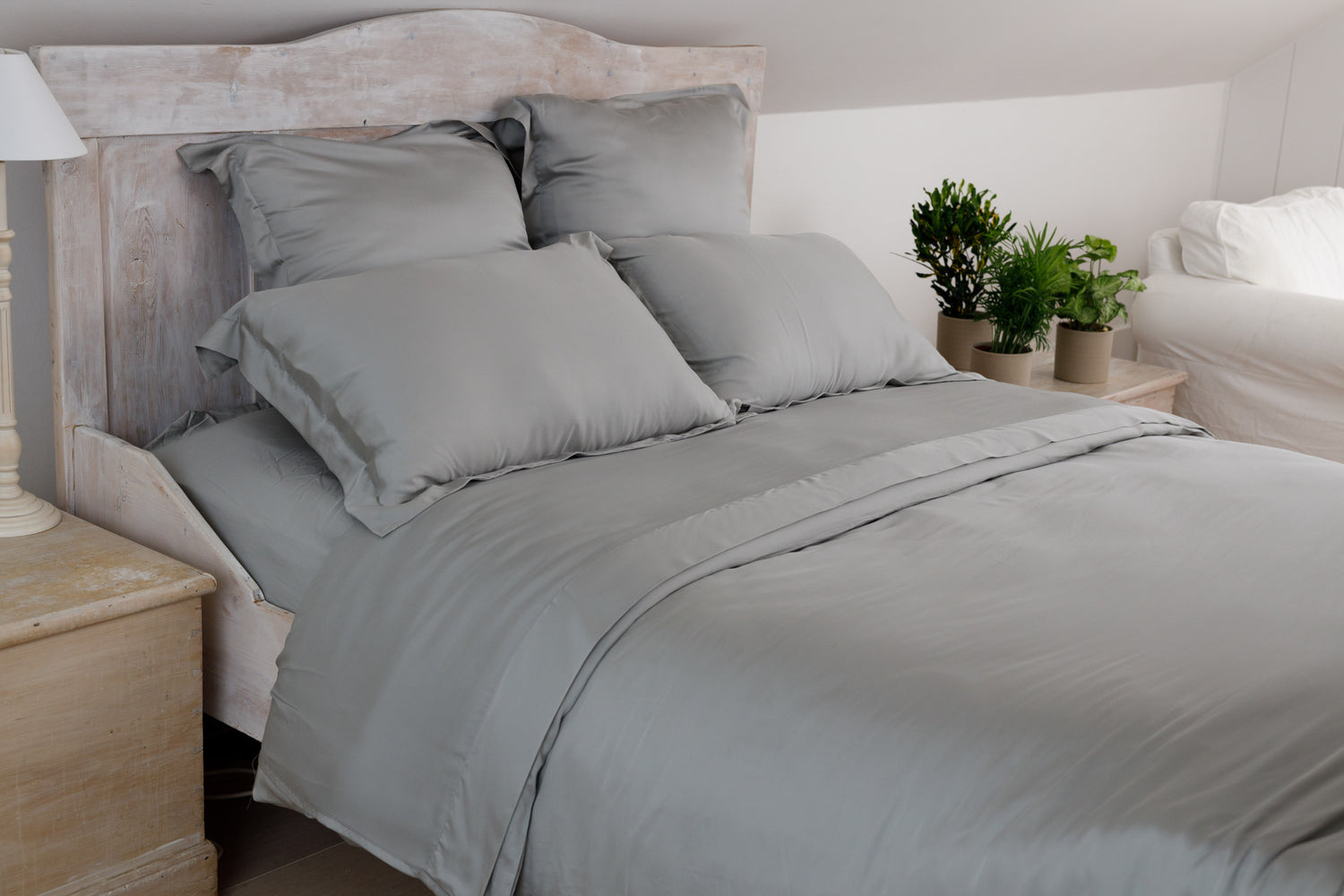Introduction
Let’s talk dirty - literally. Your mattress, that comfy cloud you collapse into every night, might just be a hidden health hazard. Yep, even if it still feels "fine."
Many people hang onto their mattresses far too long, thinking, If it’s not sagging, it’s still good. But here’s the truth: your mattress is absorbing dead skin cells, sweat, dust mites, and allergens every single night. After 8 years, it becomes a breeding ground for bacteria and poor sleep hygiene.
At Ethical Bedding, we believe in wellness from the ground up - starting with where you sleep. This guide will unpack why replacing your mattress every 8 years isn’t just good advice - it’s essential for your health and hygiene.
The 8-Year Rule: Not Just a Suggestion
Why 8 Years is the Magic Number
You might be wondering: Why 8 years? Why not 10 or 12? The "8-year rule" is backed by sleep experts, allergists, and industry research.
Here’s what happens over time:
-
Wear and Tear: Your mattress loses structural integrity, meaning less support for your spine and joints.
-
Hygiene Concerns: Over 8 years, your mattress can accumulate up to 10 pounds of dead skin, sweat, and dust mites.
-
Sleep Quality Declines: You may not even realize your tossing and turning is due to a worn-out mattress.
The National Sleep Foundation and most sleep specialists agree - 8 years is the healthy shelf life of a mattress.
The Hidden Hygiene Problem
What’s Lurking in Your Mattress?
Think of your mattress as a sponge. Every night, it soaks up:
- Dead skin cells
- Body oils and sweat
- Allergens and pollen
- Pet dander (if your furry friend is a bedmate)
- Dust mites and their droppings
These don’t just hang out quietly. They create a cocktail of allergens and irritants that can seriously mess with your health.
Dust Mites: The Unseen Enemy
By year 8, your mattress may host millions of dust mites.
These microscopic freeloaders feed on your dead skin and leave behind allergens that trigger:
- Asthma
- Eczema
- Chronic sinus issues
- Poor sleep due to nasal congestion and coughing
Health Impacts of an Old Mattress
Sleep Quality Takes a Hit
A mattress past its prime doesn’t support your body the way it should. That leads to:
- Back and neck pain
- Frequent waking during the night
- Daytime fatigue and poor focus
You may not connect these symptoms to your mattress—but trust us, they’re linked.
Allergies and Respiratory Issues
Old mattresses = high allergen exposure. You’re breathing in those dust mites and microbes night after night.
Symptoms may include:
- Morning congestion
- Watery eyes
- Itchy skin
- Chest tightness
This isn’t just uncomfortable - it’s unhealthy, especially for kids, the elderly, or anyone with asthma.
Skin Problems and Breakouts
Yep, your mattress could be sabotaging your skincare routine.
Trapped sweat, oil, and bacteria can transfer back onto your body and face, causing:
- Acne flare-ups
- Rashes
- Itchy skin or eczema
So if you're battling breakouts despite a clean skincare game, your mattress hygiene might be the missing link.
Sustainability and Sleep: Ethical Reasons to Upgrade
Out with the Toxic, In with the Ethical
Many old mattresses contain synthetic foams, glues, and flame retardants that off-gas harmful VOCs (volatile organic compounds). That means you're breathing in toxins while you sleep.
Upgrading to an eco-friendly mattress like CocoCore™ Natural Mattress means:
- Natural, breathable materials like coconut coir, bamboo, and hemp
- No harmful chemicals or plastics
- A sleep surface that's good for your health - and the planet
What Happens to Old Mattresses?
Tossing your mattress doesn’t have to mean landfill guilt. Ethical Bedding partners with recycling programs that break down old mattresses into reusable parts - springs, foam, and fibers.
Some benefits of sustainable mattress disposal:
-
Reduces landfill waste
-
Prevents soil and groundwater contamination
-
Helps create new products from recycled materials
How to Know It’s Time for a Replacement
Still unsure if your mattress is past its prime? Here are 7 signs it’s time to replace:
-
You wake up with stiffness or pain
-
You sleep better elsewhere (like a hotel bed)
-
It’s noisy, lumpy, or sagging
-
You see visible wear or stains
-
You’ve had it for 8+ years
-
Allergy or asthma symptoms are worsening
-
It smells musty or “old” despite cleaning
If you nodded to 2 or more, it’s definitely time to upgrade.
Choosing a Healthier, More Hygienic Mattress
Look for These Key Features
When shopping for a new mattress, prioritize:
-
Natural materials like bamboo, or cotton
-
Hypoallergenic properties
-
Breathability to reduce moisture and mold
-
Removable, washable covers for ongoing hygiene
-
Certifications (e.g. GOTS, OEKO-TEX, CertiPUR-US)
At Ethical Bedding, every product is made with sustainability, comfort, and health in mind. No toxins. No shortcuts. Just exceptional sleep.
Conclusion: Don’t Sleep on This
Your mattress is the foundation of your health. If it's been more than 8 years, it's time to rethink what you’re sleeping on.
Replacing your mattress isn’t just about comfort - it’s about your health, hygiene, and peace of mind.
- Say goodbye to allergens
- Say goodbye to aches and fatigue
- Say hello to deeper, cleaner sleep
It’s time to upgrade.
Ready to invest in your health? Explore Ethical Bedding’s range of sustainable, hypoallergenic mattresses and experience the difference that clean, ethical sleep can make.

